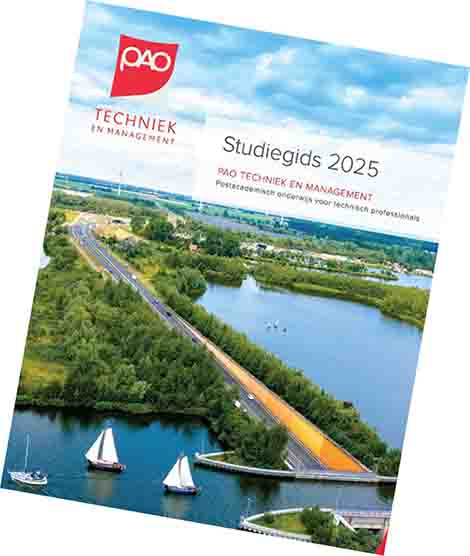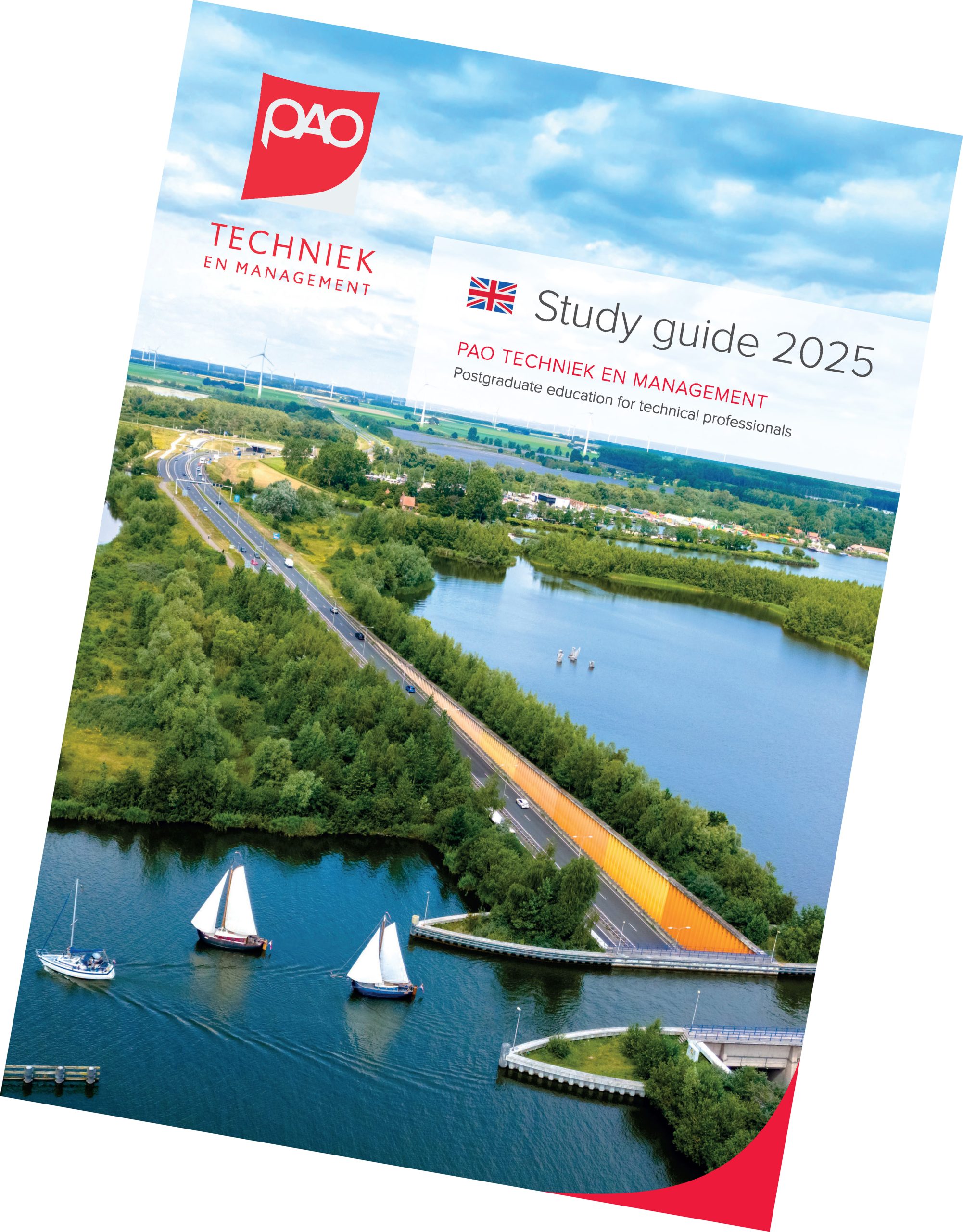Design of experiments (DoE)
Gain knowledge and skills in the application of statistical techniques for the design and analysis of experiments and learn how to use generative AI, such as ChatGPT or Copilot, in this process in a responsible way.

DoE: Practical methods to discover and interpret relationships between factors
Experiments play an important role in understanding and controlling systems and processes. With the aid of methods for statistical design of experiments, it is immediately possible to set up these experiments efficiently and to analyze and interpret their results.
It is important to formulate a clear problem description, identify important influencing factors and choose the right experimental techniques. It is equally important to determine how many experimental runs are needed and which factor combinations should be measured.
Principles of experimental design are successfully applied in a wide variety of areas, but especially in industry, where experiments are becoming increasingly important to analyze and to improve processes. Furthermore, the use of DoE techniques can offer significant advantages in the successful development of digital twins for industrial applications.
Statistical techniques for experimental design and data analysis
This DoE-course:
- Provides knowledge and skills in the application of statistical techniques for experimental designs.
- Gives you experience in analyzing the data obtained.
- Teaches you to apply the methods discussed independently in your own work environment.
- Teaches you to use relevant statistical software such as R in a responsible way.
- Demonstrates and discusses possibilities and dangers of using generative AI, such as ChatGPT and Copilot, in the design and analysis of experiments.
Intended for
Process, product or quality engineers and other technicians and scientists involved in the development and optimization of processes and products. The course is also suitable for lecturers from universities and colleges of higher education who want to learn more about design of experiments and data analysis.
Knowledge of basic statistical techniques such as testing, estimation and regression modelling is desirable.
Some experience in the use of (elementary) linear algebra and statistical software is desirable.
Practical examples are in R.
The techniques demonstrated with R, can also be performed in Python and yield comparable results. Participants receive sample data files so that they can reproduce the results using their preferred data analysis software. It is possible to use R from Python and Python from R and combine the advantages of each. Do you want to use Python or discover more possibilities of Python? View our course Python for engineers.
Would you like to have more background information or read about experiences of data analysis course participants? Read our interviews:
- Interview with Guido Batema (Paramelt). He followed the incompany course Design and Analysis of Experiments with eight collegues.
- Interview with Bart Groenland (E-magy), whose team now uses experiments more effectively because of an incompany training.
- Course leader dr. Koo Rijpkema (University of Technology Eindhoven) shares his vision on the world of data and courses and the importance of the discipline.
- Course leader dr. Koo Rijpkema (University of Technology Eindhoven) shares his vision on smarter and conscious use of data thanks to generative AI, such as ChatGPT or Copilot.
In English on request
Do you want to follow the course in English? Please mention this in the remarks field when you register.
Course leader

dr. Koo Rijpkema
“For me, teaching means sharing knowledge and passion, inspiring and fascinating people through the application of statistics.”
PAOTM is rated with an average of
Program manager
Why PAOTM
-
The latest post-academic knowledge and skills
-
Focused on questions that arise in a technical environment
-
Interactive and directly applicable in practice
-
Top teachers from science, research and business
Frequently asked questions
Program
-
Dag 1: Introductie Design of Experiments
Programma dag 1:
• Inleiding tot de cursus, de software tot
Design of Experiments.
• Basis Statistiek Opgefrist:
Exploratieve Data Analysis,
Kansverdelingen, Toetsen & Schatten
Lunch
• Enkelvoudige en Meervoudige Factor
Experiments.
• Regressie Modellen.
• Cursus Gerelateerde Assignments.
- Completion of day 1
-
Dag 2: Screening designs
Programma Dag 2.
• Overzicht Screening Designs.
• 2k Volledige Factorial Designs.
Lunch
• Blocked Factorial Designs.
• 2k-p Fractional Factorial Designs.
• Cursus Gerelateerde Assignments.
- Completion of day 2
-
Dag 3: Response surface methods
Programma Dag 3.
• D-Optimal Screening Designs.
• Definitive Screening Designs.
• RSM - Response Surface Methods.
Lunch
• Optimalisatie op Basis van Response
Surface Models.
• D-Optimal RSM Designs.
• Cursus Gerelateerde Assignments.
- Completion of day 3
-
Dag 4: DoE in action & What's next
Programma Dag 4.
• Mixture Designs.
• Robust Designs & Taguchi Methods.
Lunch
• Designs for Computer Experiment.
• DoE in Action: Statlab Cases.
• Cursus Overzicht & Afsluiting van de
cursus.
- Afronding en Evaluatie van de cursus
Course leader

dr. Koo Rijpkema
“For me, teaching means sharing knowledge and passion, inspiring and fascinating people through the application of statistics.”
PAOTM is rated with an average of
Frequently asked questions
Dates and locations
Below you will find an overview of the available dates and locations. You can register immediately by clicking on the 'Register' button.
Investment
- Price excludes 21% VAT
- Including coffee, tea, lunches and (digital) course material
Need a quotation?
Heb je vooraf een offerte nodig voor jouw cursusaanvraag? Vraag deze hier eenvoudig aan.
Request a quotationFrequently asked questions
In-company
Are several employees interested in the same course, do you want to enrich knowledge with the entire team or focus on your own practice? Then an in-company course could be interesting. We are happy to think along with you about the possibilities. PAOTM has extensive experience in organizing in-company courses in many technical fields for a wide range of companies. You can choose to have an existing course organized in-company for multiple employees. However, if you have a specific organizational or departmental issue, we can also design a unique course. For every customized request, we search our network at universities, knowledge institutes and the business community for the right teachers who can provide your team with the desired knowledge. We then put together a course based on your training needs, learning needs and organizational goals.
Curious about the possibilities? Contact one of our program managers or complete the form below. We are happy to make you a suitable offer.
FAQ's
In-company request
"*" geeft vereiste velden aan
Program manager
In-company courses of PAOTM are rated with an average of
Why In-company
-
A course tailored to your specific needs
-
Get started right away with your own cases
-
Led by top teachers with the most up-to-date knowledge
-
You choose where and when: always efficient
-
The entire team trained simultaneously
-
Customization possible in all our fields
Download the Study Guide
Would you like a complete overview of all our courses and trainings? Download the digital study guide!

Upcoming dates
Design of experiments (DoE)

Is your desired date not listed?
Sign up for the interest list. We will inform you as soon as a new date is planned.
Our corporate partners
Subscribe for the newsletter
In our monthly newsletter we inform you by e-mail about courses, trainings, news and developments in the various fields of PAOTM. Select the topics of your interest!
Download the Study Guide
In addition to the course offerings, the Study Guide also contains the themes that we will further develop next year. Would you like a complete overview of our courses and training in your field(s)? Request the Study Guide and receive it digitally.











